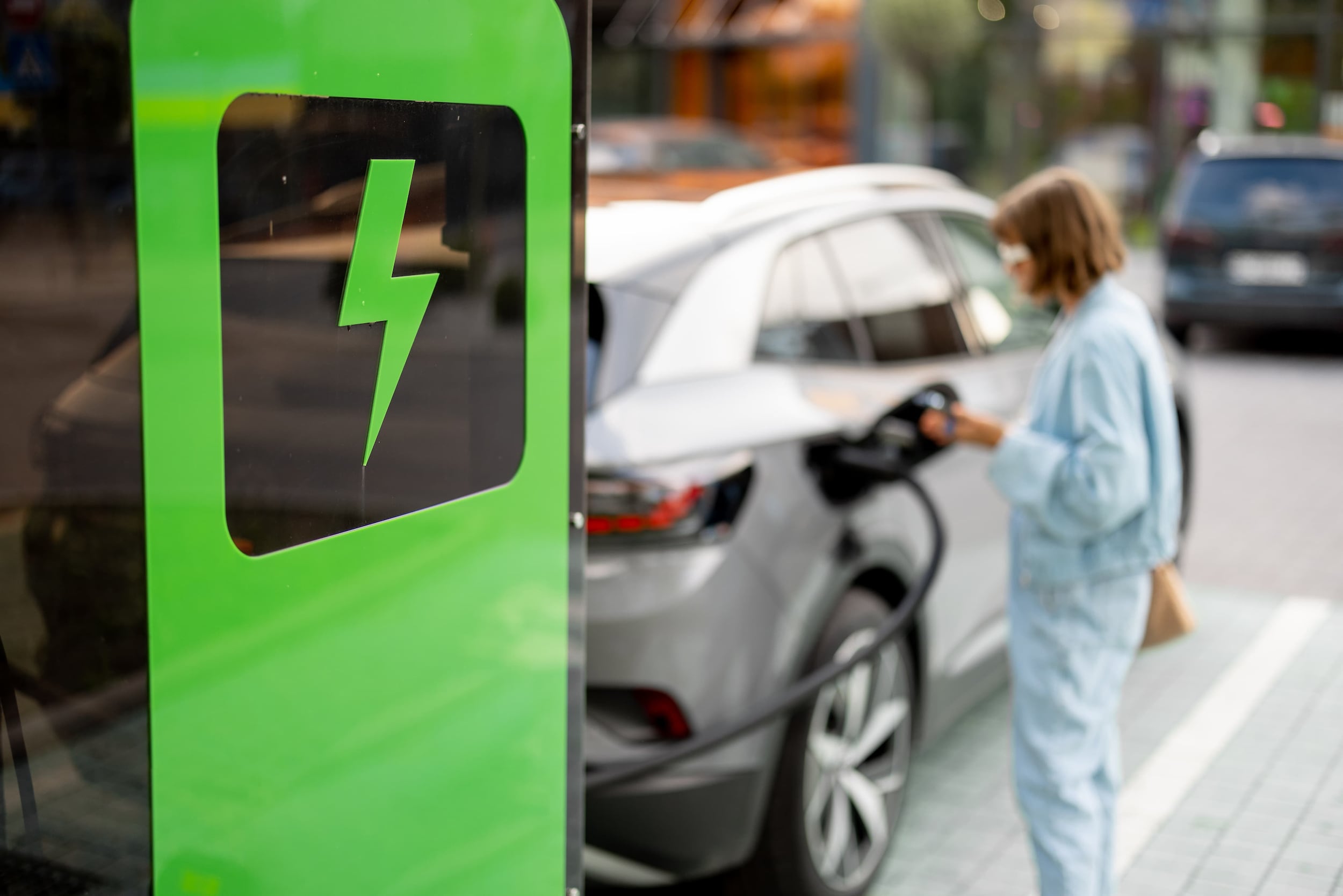

Electric vehicles (EVs) are becoming more and more popular. You might see them on the road with their quiet engines and sleek designs. While they might seem expensive at first, there are many reasons why electric vehicles are worth their price. In this article, we will explore five key reasons why EVs are a great choice: reduced cost over the long run, reduced emissions, lower maintenance, better performance, and government incentives.
1. Saving Money Over the Long Run
At first glance, the average consumer may have a case of sticker shock the first time they see the price of an electric vehicle. KBB states that "the average transaction price for electric cars was $56,371 in June, 2024, vs. gas-powered vehicles at $48,644." This gap has been narrowing over time but there is still a major difference in price. The good news is that once you pay the upfront cost of the vehicle, you can expect to spend less afterward compared to a gas powered vehicle!
According to autonews.com, Electric cars will save you money over a 5 year period when compared to gas vehicles. They even go as far to show the average amount you can expect to save on an EV vehicle according to each state. They say that "In every state except Maine and West Virginia, the total cost of ownership for an EV over 5 years is less than a comparable gasoline vehicle. EV owners in Colorado, Illinois, Nevada and New Jersey will save more than $8,000 on their vehicle versus a comparable gasoline vehicle."
Unlike many consumers would think, these savings aren't only contributed to fueling costs, as there are many complexities and price advantages to purchasing and owning an EV. Each of these incentives can vary from state to state.
2. Reduced Emissions
Electric vehicles are better for the environment because they produce fewer emissions compared to traditional cars. Here’s why this matters:
-
Air Quality Improvement: Gasoline cars release harmful pollutants into the air, which can cause health problems like asthma and other respiratory issues. Electric vehicles don’t produce tailpipe emissions, which means they help keep the air cleaner and healthier to breathe.
-
Fighting Climate Change: Gasoline and diesel engines emit carbon dioxide (CO2), a greenhouse gas that contributes to climate change. Electric vehicles produce zero tailpipe emissions, which means they can help reduce the overall amount of greenhouse gases released into the atmosphere. Even when accounting for the emissions from electricity production, EVs are generally cleaner over their entire lifecycle than gasoline cars.
- Renewable Energy Integration: As the world moves towards renewable energy sources like wind and solar power, electric vehicles become even cleaner. By charging your EV with renewable energy, you can further reduce your carbon footprint and contribute to a more sustainable future.
3. Lower Maintenance

Electric vehicles have fewer moving parts compared to traditional cars. This means they require less maintenance, saving you time and money. Here’s how:
-
No Oil Changes: Gasoline engines need regular oil changes to keep running smoothly. Since electric vehicles don’t have engines with oil, there’s no need for oil changes. This means fewer trips to the mechanic and more savings for you.
-
Fewer Parts to Replace: EVs don’t have as many parts that can wear out, like spark plugs, fuel filters, or timing belts. With fewer parts that need regular maintenance or replacement, EVs can be more reliable and cost less to upkeep.
-
Regenerative Braking: Electric vehicles use a technology called regenerative braking, which helps recharge the battery while you drive. This not only extends the driving range but also reduces wear on the brakes, meaning you won’t have to replace brake pads as often.